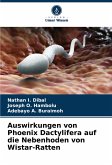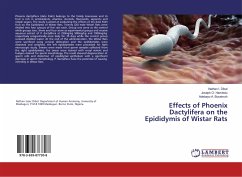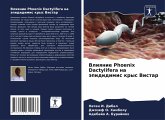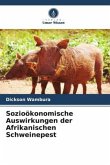
Broschiertes Buch
30. Januar 2025
Verlag Unser Wissen

27,99 €
Versandfertig in 6-10 Tagen
Broschiertes Buch
22. April 2016
LAP Lambert Academic Publishing
28,99 €
Versandfertig in 6-10 Tagen
Broschiertes Buch
30. Januar 2025
Edizioni Sapienza
28,99 €
Versandfertig in 1-2 Wochen
Broschiertes Buch
30. Januar 2025
Ediciones Nuestro Conocimiento
28,99 €
Versandfertig in 6-10 Tagen
Broschiertes Buch
30. Januar 2025
Edições Nosso Conhecimento
28,99 €
Versandfertig in 6-10 Tagen
Broschiertes Buch
30. Januar 2025
Editions Notre Savoir
Ähnliche Artikel

28,99 €
Versandfertig in 6-10 Tagen
Broschiertes Buch
30. Januar 2025
Sciencia Scripts

Broschiertes Buch
25. Januar 2022
Verlag Unser Wissen
![Important Insurance Case [microform]: Superior Court, Before His Honor Judge Smith: Morison, Cameron & Empey, Vs. the Phoenix Insurance Co Important Insurance Case [microform]: Superior Court, Before His Honor Judge Smith: Morison, Cameron & Empey, Vs. the Phoenix Insurance Co](https://bilder.buecher.de/produkte/66/66197/66197626m.jpg)
Gebundenes Buch
10. September 2021
Creative Media Partners, LLC

Broschiertes Buch
19. Mai 2022
Verlag Unser Wissen

Broschiertes Buch
12. Juli 2022
Verlag Unser Wissen

Broschiertes Buch
5. Februar 2025
Verlag Unser Wissen
Ähnlichkeitssuche: Fact®Finder von OMIKRON
